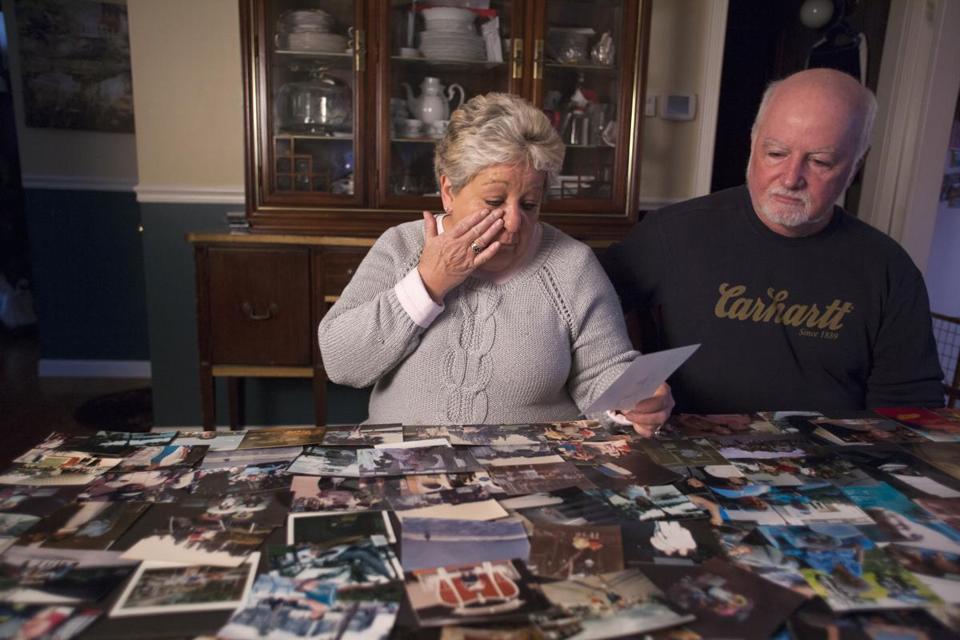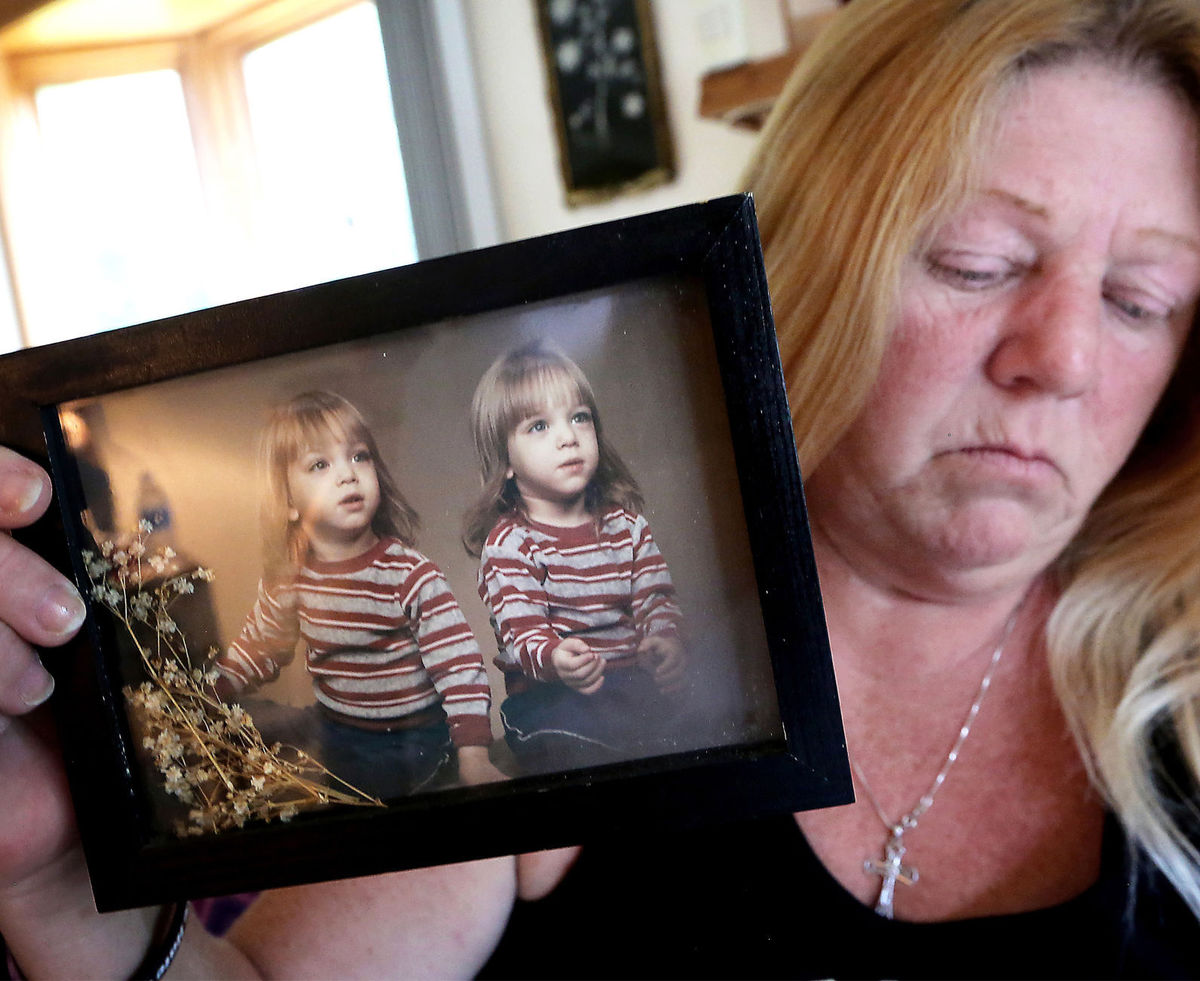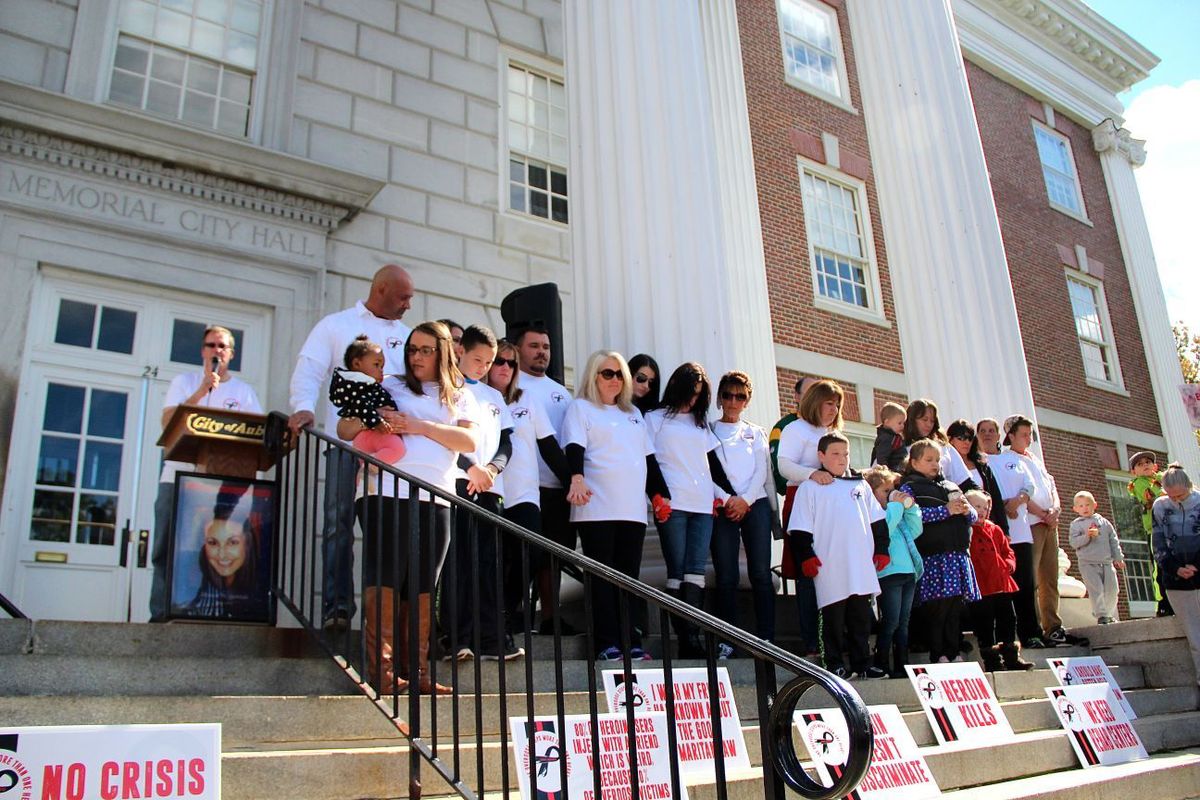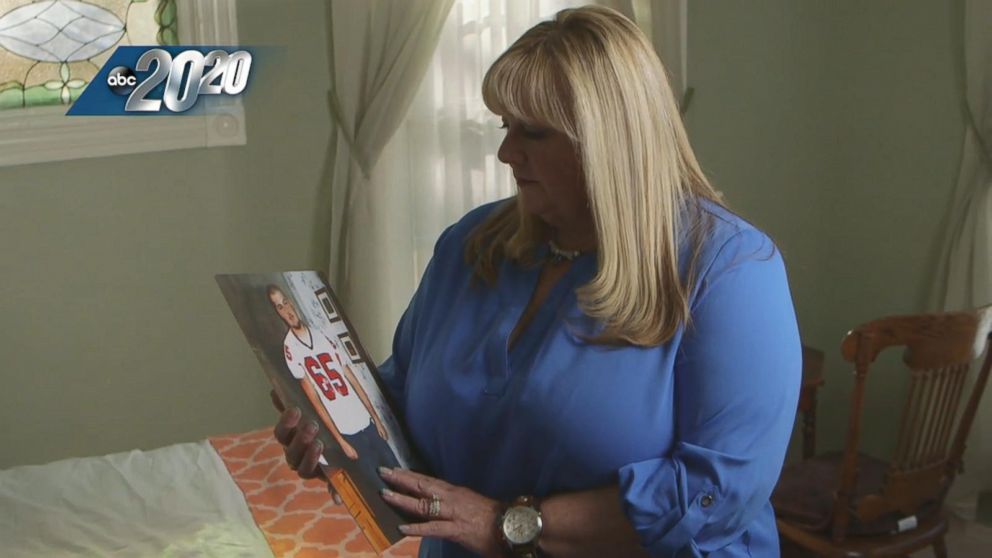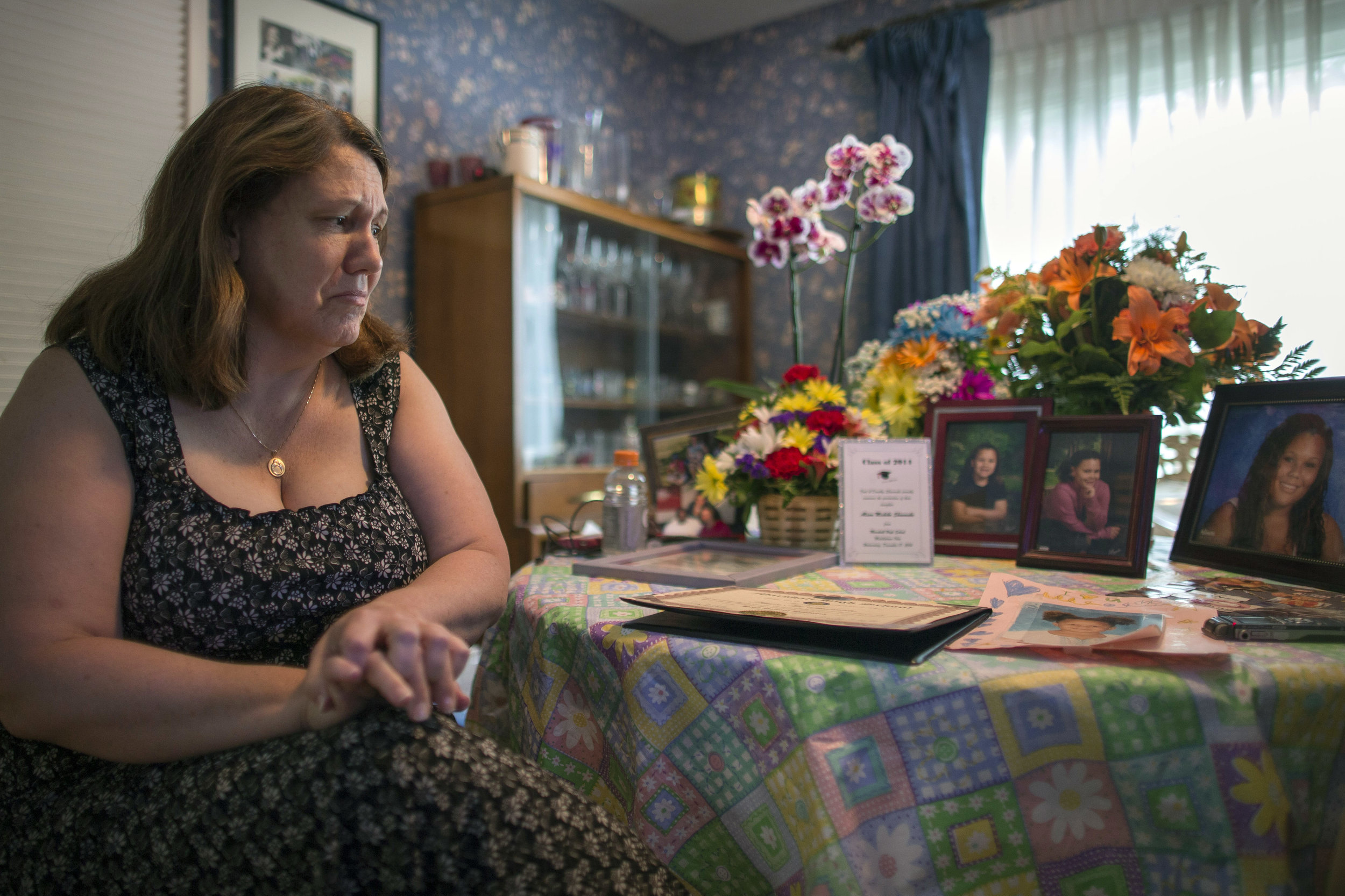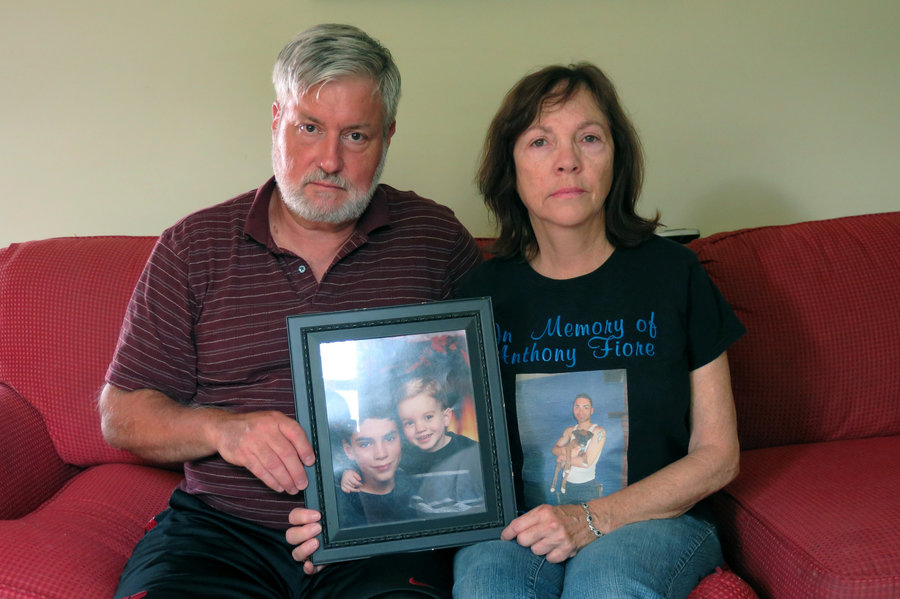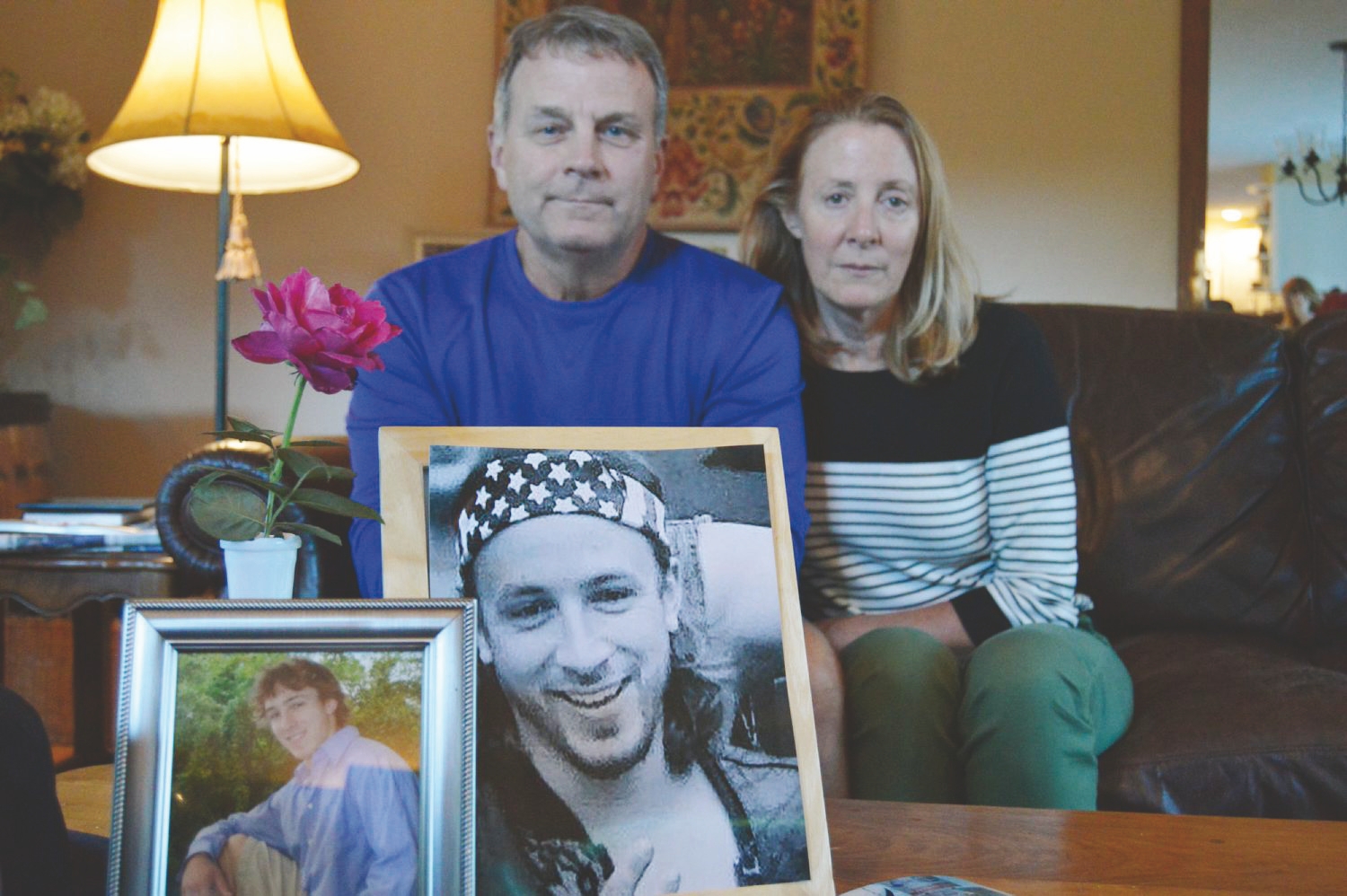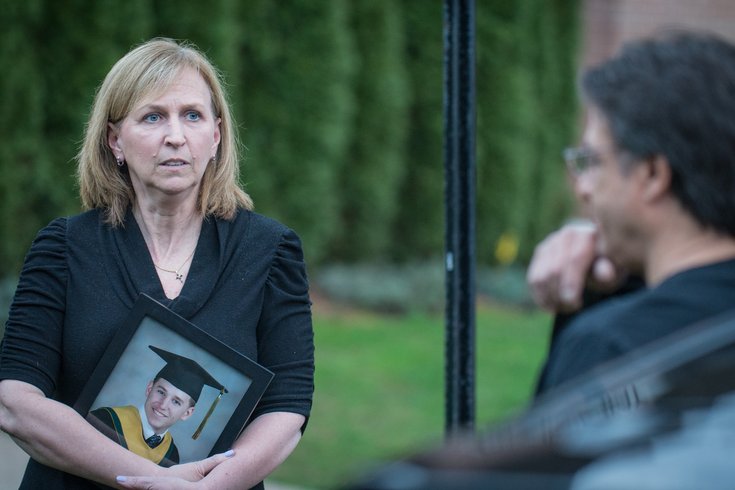Race,the war on Drugs,and Reparative Justice
““When the faces of addiction had dark skin, the police didn’t see sons and daughters, sisters and brothers. They saw brothas, young thugs to be locked up, not people with a purpose in life… white heroin addicts get overdose treatment, rehabilitation, and reincorporation. Black drug users got jail cells and ‘just say no’.””
campaign MissioN
Acknowledge
Acknowledgment of the harm done to communities of color affected by punitive drug policies is the first step towards reparations.
Atone
To atone for the harms caused by failed drug war policies, those responsible must accept their role in perpetuating cycles of punishment in communities of color.
Act
Our campaign for reparative justice is not one in which we demand a symbolic resolution. We are working with advocates and others directly impacted by drug war policies to create reforms that are non-punitive and health oriented.
Race and The Gentler War on Drugs
“When the nation’s long-running war against drugs was defined by the crack epidemic and based in poor, predominantly black urban areas, the public response was defined by zero tolerance and stiff prison sentences. But today’s heroin crisis is different. While heroin use has climbed among all demographic groups, it has skyrocketed among whites; nearly 90 percent of those who tried heroin for the first time in the last decade were white.”
In October 2015, the New York Times published “In Heroin Crisis, White Families Seek Gentler War on Drugs,” which noted, as other commentators have, that the white face of the current opioid crisis has engendered a different set of responses than past drug epidemics that were seen as affecting largely black and/or Latinx communities.
Historically, when a “drug problem” is seen as affecting primarily black and Latinx communities, government intervention focuses on law enforcement. Over the past 40 years, this has resulted in the incarceration of massive, unprecedented numbers of people, primarily people of color. As more and more observers have noted, it has only been since the complexion of people perceived to use drugs changed that compassionate and health-based interventions gained favor overcriminalization in popular media and among policymakers.
Drug use and addiction are not specific to a particular racial group or economic class. Despite the universal nature of drug use, communities of color are disparately impacted by the persistent criminalization of substance use and distribution. Advocates for the tough-on-crime drug policies that drove mass incarceration in the United States insisted that laws that punish users and dealers are "race-neutral". This neutrality is not evidenced by rates in which black and Latinx people are arrested, convicted, and otherwise punished for drug possession and distribution. In order to undo harm, policymakers and elected officials must acknowledge the racism ingrained in drug policy and application, atone for the harm done to communities of color, and put forth actions to change the paradigm
reparative Justice and The Drug War
“
The United Nations resolved that the goal of reparative justice policies is to promote justice by redressing gross violations of international human rights law or serious violations of international humanitarian law through complementary measures such as restitution, compensation, rehabilitation, satisfaction and guarantees of non-repetitions.”
As New York retreats from harmful and ineffective drug war policies, shifting to a public health approach to drug use, victims of the retributive approach to drug use still suffer the consequences. Critics of the war on drugs often cite the dramatic increase of New York’s prison population, and the economic implications of maintaining mass incarceration as the justification for curtailing the war on drugs. While reducing the prison population is vital, mass incarceration is not the singular ramification of drug war policies. A number of health and social policies developed from the drug war ethos that limit drug users’ access to public assistance, health benefits, housing and educational opportunities. A reparative justice framework for drug policy reform will consider the totality of ways in which substance use is criminalized beyond the justice system. To move beyond the drug war ethos, we must critically examine and reform all laws that apply punitive consequences for drug use.
Mapping the war on drugs
To end the war on drugs in New York, we must explore all the ways in which drug use is punished. To do this, we are pulling together a team of advocates to explore the legislative, administrative and cultural challenges that create unnecessary hardships for people who use or have used drugs.
We will use their insight to create a comprehensive framework for exiting the drug war in New York State.


